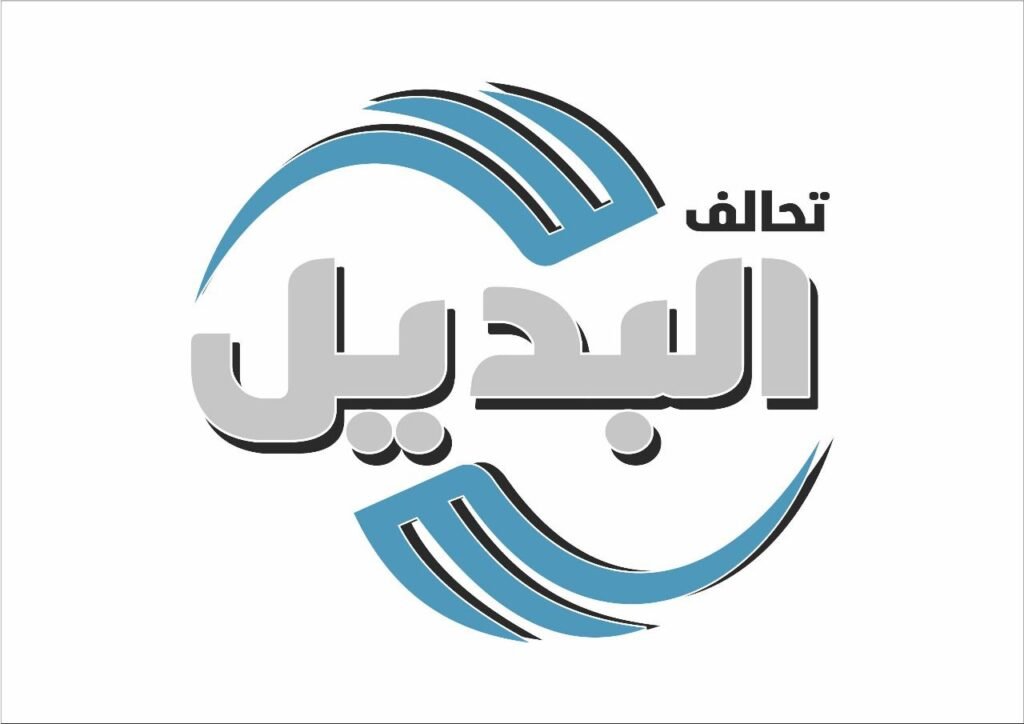Civil and independent political forces in the Iraqi capital have announced a major electoral alliance that includes prominent figures from the protest movement as well as leftist and nationalist parties, in preparation for the upcoming parliamentary elections.
The new alliance, named “The Alternative,” includes the Loyalty Movement led by Adnan al-Zurfi, the Independence Party led by Sajjad Salem, the National House Party led by Hussein al-Gharabi, the Communist Party led by Raed Fahmy, and others.
In a statement, the alliance said that “this step represents the birth of a long-awaited new political line that expresses the hopes of Iraqi society and embodies the dream of generations for a homeland that embraces everyone without discrimination.”
The statement added that the Alternative Alliance “rejects sectarianism and quotas, raising the banner of citizenship, justice, and dignity, to be the real alternative that Iraq deserves.” It noted that the alliance will lead a journey of fundamental reform and lay the foundation for a new phase of political work based on integrity, competence, and loyalty solely to the homeland.
Leaders of the alliance clarified that the project aims to present candidates who represent the aspirations of young people and marginalized groups, steering clear of the traditional quota-based molds that have dominated the political process since 2003. They emphasized that the alliance “is not a front for any influential party or group but a natural extension of the Tishreen Movement and a national choice stemming from the conscience of the free Iraqi people.”
Civil forces are facing growing challenges related to weak popular trust, especially after previous failures to achieve the desired political change. This is amid widespread skepticism about the ability of civil alliances to overcome internal divisions and compete with traditional parties that wield significant political money and broad influence.
Many questions are being raised about the ability of these emerging civil forces to make a breakthrough in the electoral landscape, given the continued dominance of traditional parties over key state institutions, and their possession of significant financial resources and broad political influence.
Iraq is scheduled to hold parliamentary elections next November, marking the sixth time since the fall of Saddam Hussein’s regime in 2003.
According to the Independent High Electoral Commission, the total number of voters in Iraq has surpassed 29 million, following the inclusion of those born in 2005, 2006, and 2007 who will have reached the legal voting age (18 years) by the scheduled election date of November 11, 2025.
However, the commission indicated that more than 8 million voters have not yet updated their biometric data, raising concerns about low turnout despite ongoing update campaigns conducted by mobile teams and authorized centers throughout the country.




